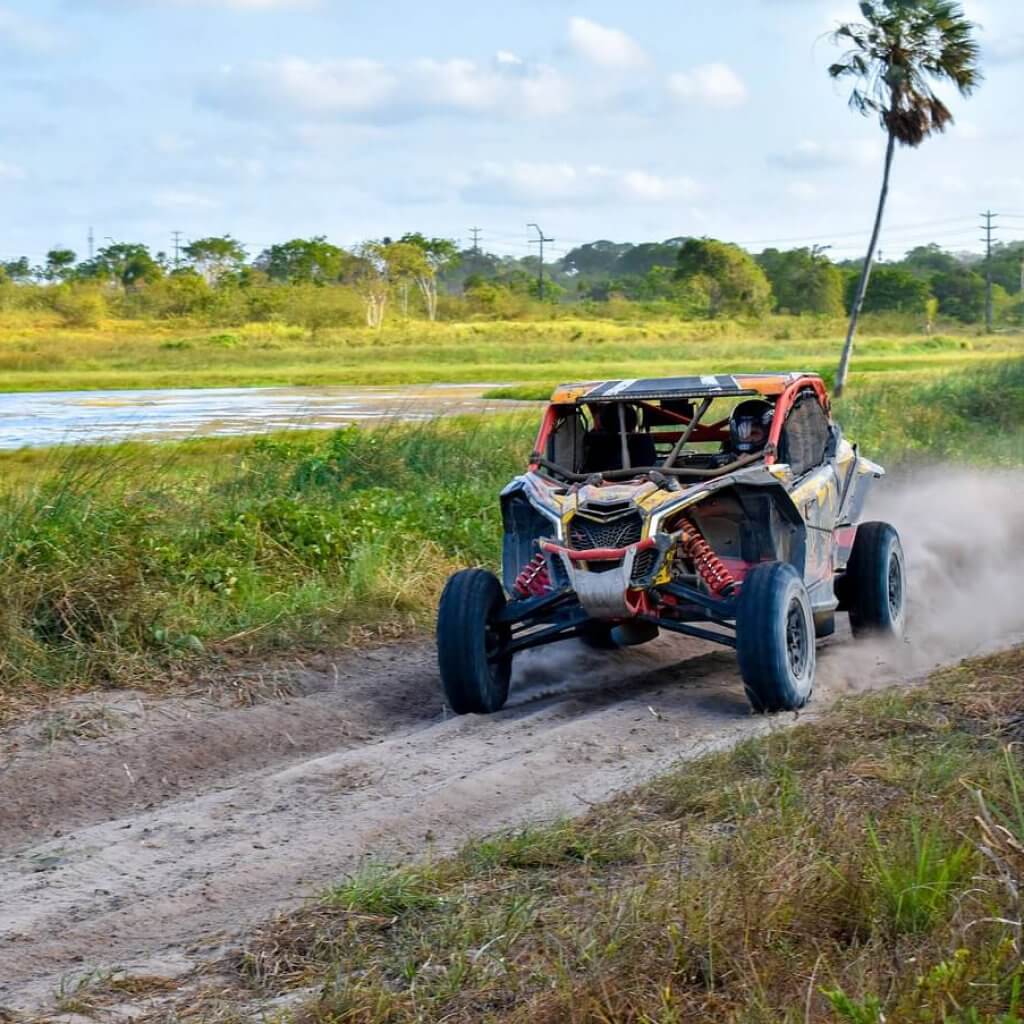Summer is in full swing and Texans are going outside! Going “off-highway” on an ATV, UTV, Golf Cart or LSV can be a fun and functional way to enjoy your own land or Texas public lands!
Thinking about adding one of these toys to your “fleet”? Insurance is a key element in protecting your family and guests. Your Insurance Shopper at A&A Insurance can help determine what coverages will best suit your needs. Let’s break down the differences, pro’s and con’s for All-Terrain Vehicles, Utility-Terrain Vehicles, Golf Carts and Low Speed Vehicles. We’ll start with a quick definition of each type of vehicle.
What’s the Difference?
ATV, UTV, Golf Cart, LSV
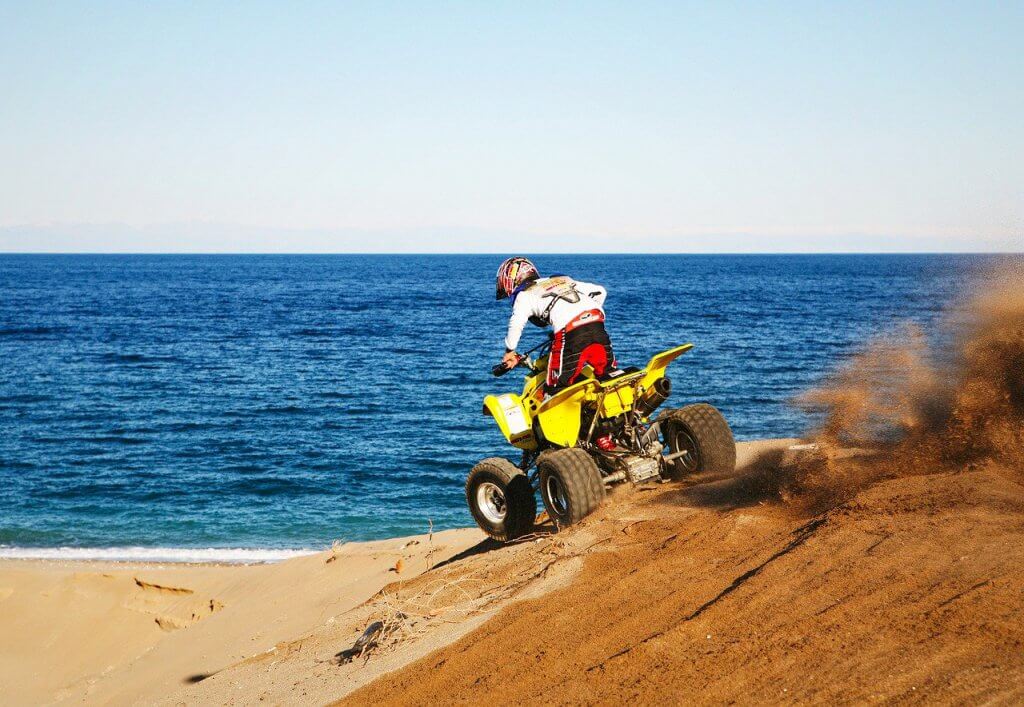
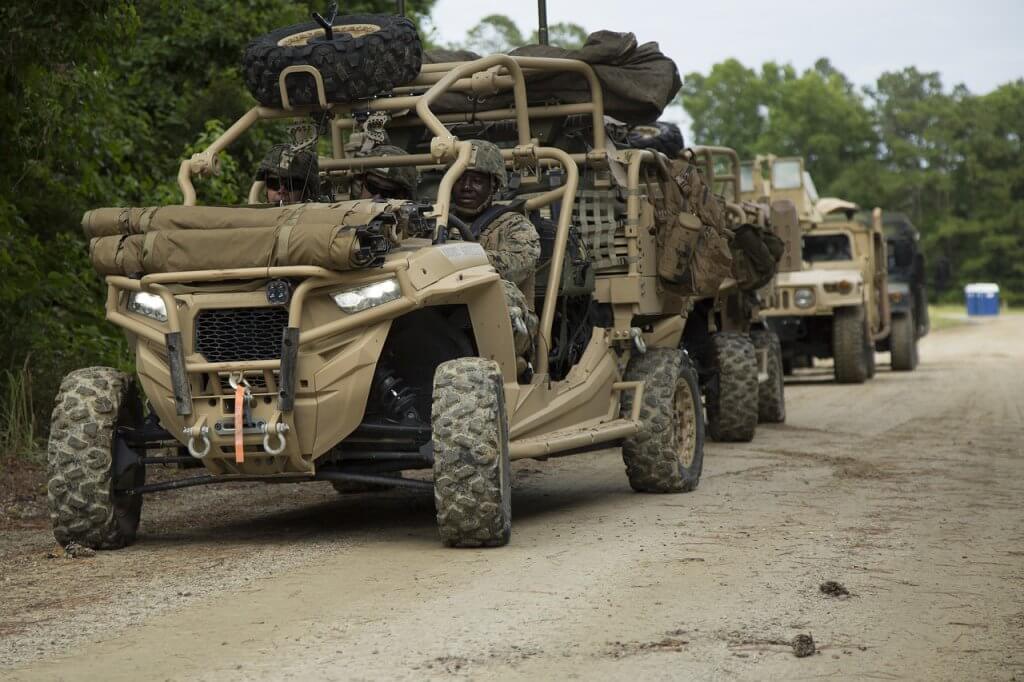
ATV’s (or All-Terrain Vehicles) are also known as “quads” or “four-wheelers” and are meant for single riders, though some are designed for an operator and one passenger. At their core, ATV’s all share these three common characteristics: a straddling seat position, handlebar steering and the ability to maneuver through a variety of terrain conditions. ATV’s are smaller than UTV’s and are better for tight spaces with a smaller turning radius.
UTV’s (or Utility Terrain Vehicles) are a more robust vehicle. Also known as “Utility Task Vehicles” or “Utility Vehicles,” they allow for side by side riding as opposed to straddling the seat. That’s why they are also known as “SxS,” or “ROV,” which stands for “Recreational Off-Highway Vehicle.” UTV’s generally come with storage space and are primarily used for jobs due to their hauling capacity.
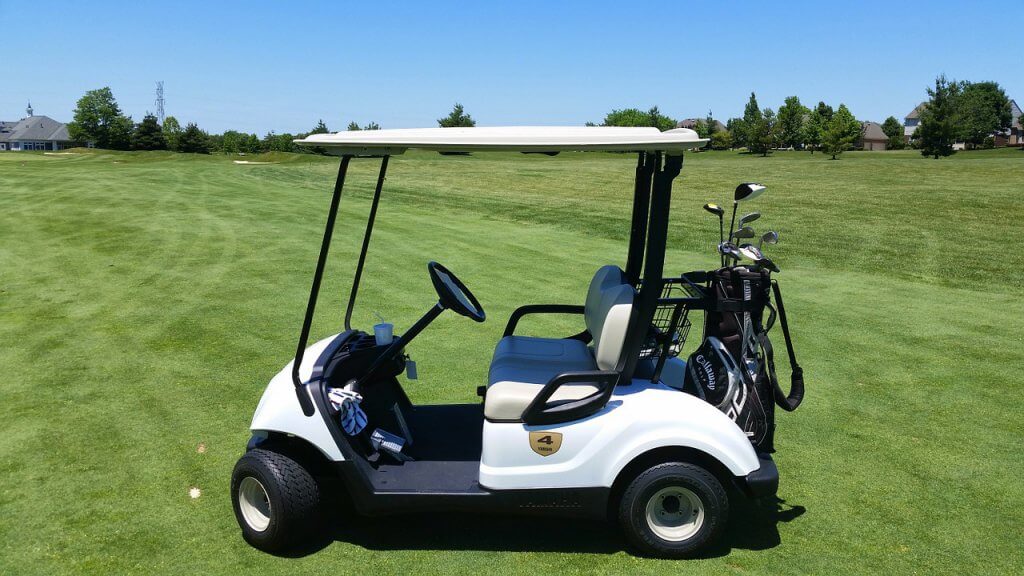
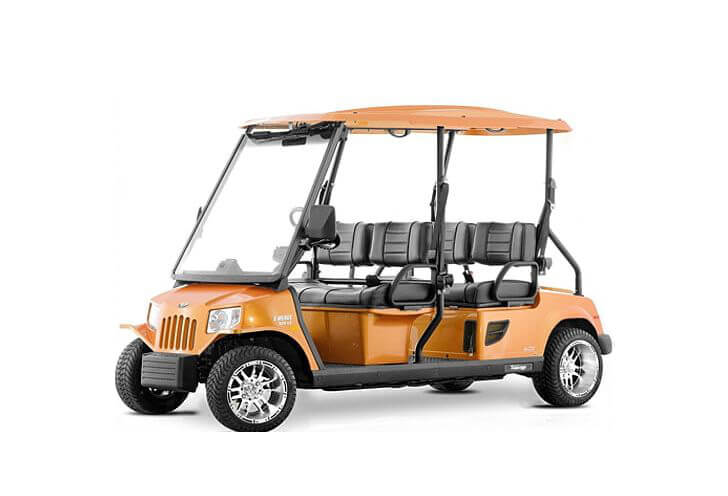
Golf Carts are exactly what their name suggests: a small motorized vehicle for two golfers and their equipment.
A low speed vehicle (LSV) is defined by law as a four-wheeled vehicle with a maximum speed of 25 mph on a paved level surface. Typical uses of LSV’s include campus security, grounds keeping, hunting and yard work. In Texas, LSV’s can be driven legally on roads with a 45 mph speed limit.
Safety Comparison and Texas State Law
Texas Department of Motor Vehicles has all the information you need in regards to required titling, licensing and registration when it comes to unique vehicles. Texans purchasing an off-highway vehicle out of state still owe Texas use tax.
ATV’s generally do not come with safety equipment as part of the vehicle. Some have “roll bars” which are strong steel pipes that form a cage-like structure around the operator to provide protection if the vehicle rolls. ATV operators should always wear protective clothing, footwear, gloves and most definitely a helmet. Follow all laws and warning decals on the vehicle to ensure safety.
Safety Misconception
There is strong and tragic misconception regarding motorized vehicles that have roll over protective structures. Operators tend to think if there is a protective structure over the vehicle that riders don’t need to wear a helmet. This isn’t the case. If you roll over in your UTV or come to a sudden, violent stop, a helmet can save you serious injury or death.
Because of lower max speeds and rooftops, many golf cart operators don’t realize that crashes can result in serious injury or death without helmets. Passenger ejection and roll-overs usually cause the most severe injuries to operators and passengers. Just because there’s a roof, it doesn’t mean you shouldn’t wear a helmet.
Street Legal or Street Safe?
LSV’s are considered “safer” than golf carts because they are equipped with:
- seat belts
- lighting
- special windshields
- 4 wheel disc braking
- side mirrors
- turn signals
- speedometers
However, you must consider where you’re driving them. Street legal LSV’s aren’t required to meet the rigid safety standards that passenger cars must adhere to. They are also built to be very light weight. Pitting an LSV up against a full size SUV out on roads with 45 mph speed limits and you can guess which vehicle will come out on top in an accident. Wearing a helmet in an LSV is the best way to stay safe.
As of a 2009, Texas law states that standard Golf Carts can no longer be retrofit and titled for the street in this state. Golf Carts generally do not come equipped with seat belts or restraints for passengers.
Safety for all: Helmets are always a good idea, whether riding an ATV, UTV, Golf Cart or LSV.
Where am I driving this thing?
Questions to ask yourself when shopping for a vehicle include: Where am I driving? WHO will be driving? Will I be racing or cruising more my speed? Am I planning to traverse rough terrain in Texas hilltop country? Weekend hunting trips in Central Texas? Riding back woods trails in East Texas? Tooling around campground roads in West Texas? Cruising Ocean Boulevard in South Padre Island or Ocean View Drive in Port Aransas? The answer to these questions can really help narrow your search.
Pro’s and Con’s of ATV’s
Pro’s are price and fun factor. The choice for racing because of their speed and ability to traverse difficult trails (pro), they are more physically demanding to ride than UTV’s (a con).
Production of three-wheel ATV’s ceased in the United States by 1987 because of their instability and subsequent dangers.
Quads are the only option for a new purchase and generally they carry a smaller price tag (a pro) than UTV’s. Depending upon their engine size, ATV’s can go from a top speed of 10 mph for a 50 cc engine (made for kids), up to a top speed of about 80 mph for a 1000 cc engine. Worried about all that power? Most ATV’s have a throttle limiter (pro) that you can easily adjust with a screw and wrench! ATV owners should take all laws and warning decals on the vehicle seriously to avoid danger.
Pro’s and Con’ of UTV’s
Considered the “safer” option in comparison with ATV’s because of their size and construction (pro), UTV’s tend to be more comfortable than ATV’s. They feature automobile-style seats (bench or bucket) and a roll-cage type of roof enclosure. Like a car, they have a standard four wheel base, but some have more wheels for specialized purposes. They handle more like a car than an ATV, driven with an actual steering wheel (another pro). Seating is generally between 2 and 4 passengers, with a max speed of between 25 and 80 mph, depending on motor size. Most come with storage space for hauling (pro) AND a higher price tag (con).
Pro’s and Con’s of Golf Carts
Golf Carts operate at maximum speeds of 20 mph. They are quiet and come in electric or gas options. Golf Carts make getting around the golf course, campground or retirement community easy and fun (all pro’s)! They do not do well in rough terrain (con) and have a low hauling capacity (another con).
Pro’s and Con’s of LSV’s
LSV’s are street legal (pro) and must be licensed (con). They can carry from 2 passengers up to 6 passengers (pro), depending on the model. They adhere to additional safety standards (pro) which golf carts do not, but come with a heaftier price tag (con).
Cost
The average price for a new ATV is just under $10,000. Keep in mind, that is the average price. You can certainly find ATV models for less, or add in some additional bells and whistles and it’ll cost you as much as car. A new UTV averages about $15,000, with options taking them up into the new car range as well. New Golf Carts average between $8000-$9000 while new LSV’s average about $11,000.
In the realm of preowned off-highway vehicles a Golf Cart can be purchased for about half the used price of an ATV. But will it do what you need it to do? The key to finding the right off-highway vehicle for you is to first determine who will drive it and where. Once you’ve narrowed down the best type of vehicle for your environment and operator, you can determine what works within your budget.
Insurance
Like any vehicle you own, insurance should be a component of your new off-highway vehicle purchase. Off-highway vehicles are fun, but they carry an inherent propensity for accidents. We hope your off-highway fun never ends in an accident, but it is best to be prepared. These vehicles can also be quite pricey, so you will want to protect your investment. There are a variety of ways you can insure your off-highway vehicle and we’d love to help you! If you have insurance questions, contact your insurance shopper today! Like this article? Share it with your friends!
